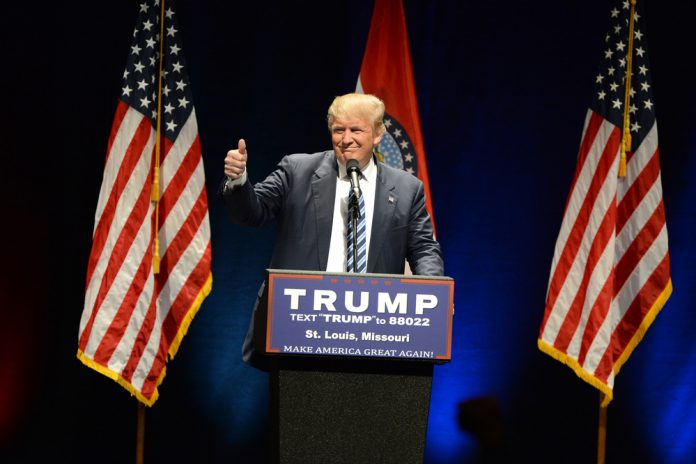
Donald Trump’s newest travel ban has been approved by the Supreme Court, allowing immidiate restriction from eight countries.
The new ban will deny all visa applications from Iran, Libya, Somalia, Chad, Syria and Yemen, North Korea and Venezuala.
Trump’s ban was expected to take months of court hearings to resolve but in a 7-2 ruling, it is to be taken into effect immediately.
The ruling however does not mean that the ban is now constitutional. In the coming months, the high court is expected to decide if the ban violates constitutional protections against discrimination,
Jeff Sessions, the US attorney general, called the recent ruling “a substantial victory for the safety and security of the American people”.
The progressive Center for Constitutional Rights were less happy with the controversial decision.
“We will not allow this to become the new normal,” the center said. “Whatever the courts say, the Muslim Ban is inhumane and discriminatory. We must continue to demonstrate that we reject and will resist the politics of fear, anti-Muslim racism, and white supremacy.”
Terrorism scholars have claimed that the ban has been based on misleading data and will not necessarily lead to higher protection for those in the US.
“Those figures are technically correct if you count only international terrorism-related cases as calculated by the Department of Justice, but it is substantively misleading because it doesn’t include domestic terrorism and it does include a large number of cases that pose no threat to the United States,” said University of North Carolina professor, Charles Kurzman.
“That would include people attempting to travel abroad, financing of movements abroad, sometimes in very small amounts, and a couple hundred cases from the years right after 9/11, with no known link to terrorism, that are nonetheless included on that list.”
Donald Trump has continually denied concerns that the ban is based on religon. This is despite him tweeting anti-Muslim videos last month.
